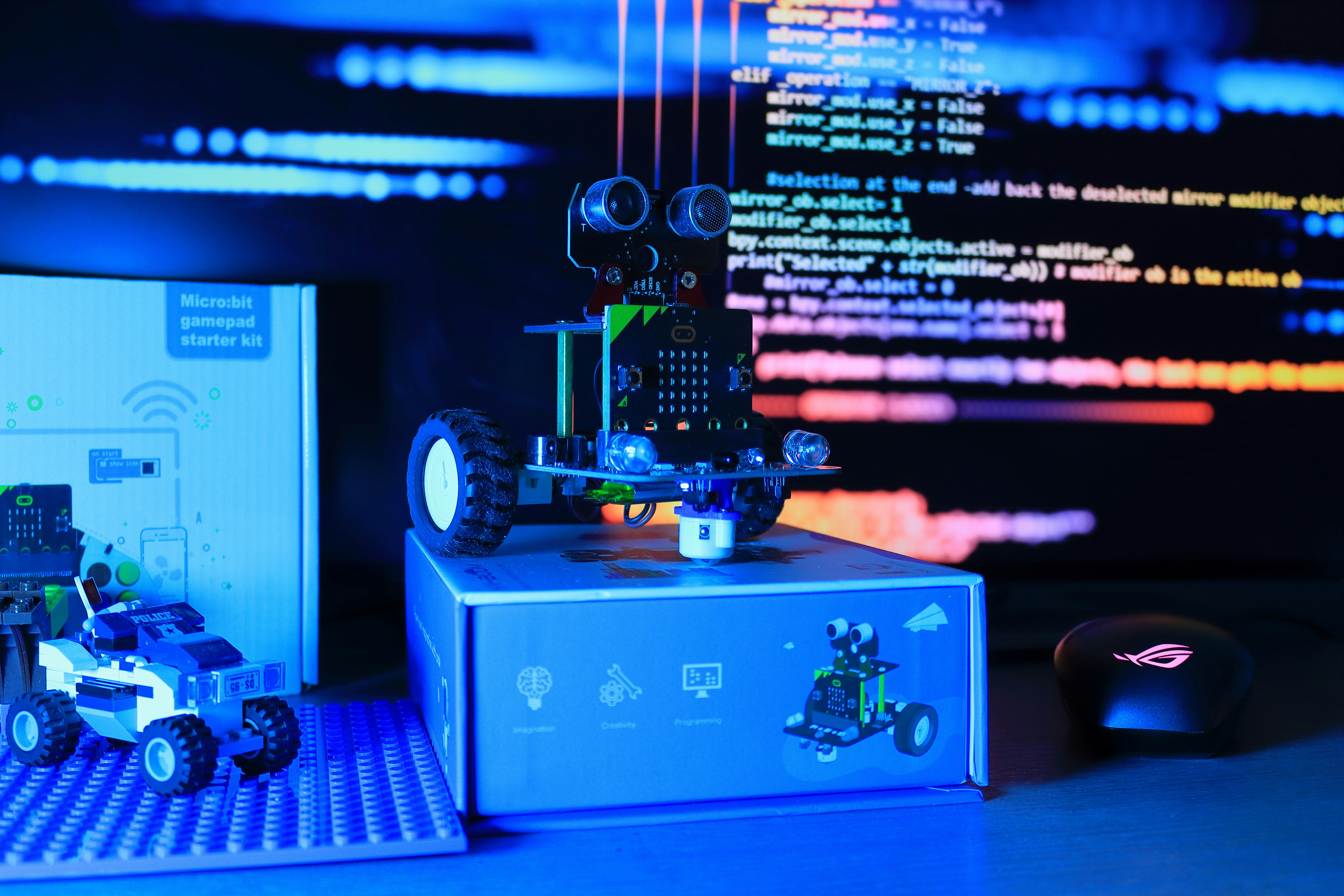Limitations of AI in Software Development
 Artificial Intelligence (AI) is revolutionizing the software development landscape by automating tasks, improving code quality, and accelerating testing. Studies have shown that use of AI tools can boost the software developer productivity anywhere from 21% to 55%. Software companies have been downsizing their engineering teams and have reduced their hiring of Software developers and testers. So, the question is will AI replace Software developers in the next few years? The answer is a resouding No. Let us understand why. Despite its numerous advantages, AI still faces several critical limitations in the context of software development. These limitations span technical, ethical, and human-centric domains, often preventing AI from completely replacing human developers.
Artificial Intelligence (AI) is revolutionizing the software development landscape by automating tasks, improving code quality, and accelerating testing. Studies have shown that use of AI tools can boost the software developer productivity anywhere from 21% to 55%. Software companies have been downsizing their engineering teams and have reduced their hiring of Software developers and testers. So, the question is will AI replace Software developers in the next few years? The answer is a resouding No. Let us understand why. Despite its numerous advantages, AI still faces several critical limitations in the context of software development. These limitations span technical, ethical, and human-centric domains, often preventing AI from completely replacing human developers.
Lack of True Creativity and Innovation
AI can generate code and even optimize existing algorithms, but it struggles with true creativity. Software development often involves designing novel architectures, solving ambiguous problems, or building entirely new products—tasks that require deep contextual understanding and creative thinking. AI models are inherently bound by the data they were trained on and cannot easily venture beyond those boundaries.
Limited Context Understanding
AI lacks the deep domain knowledge and contextual awareness that human developers bring to a project. While AI can analyze patterns in code, it struggles to understand the "why" behind specific architectural decisions or business logic. This gap is particularly problematic in large-scale systems, where decisions must consider long-term maintainability, user needs, and integration with other systems.
Dependence on Quality Data
AI models are only as good as the data they're trained on. Poor-quality, biased, or insufficient training data can lead to inaccurate suggestions, bugs, or insecure code. In many real-world development scenarios, especially with niche or proprietary systems, the data available for training AI tools is limited or not representative.
Difficulty Handling Ambiguity and Requirements Gathering
One of the earliest and most critical phases of software development is requirements gathering—a highly collaborative and interpretative task. AI currently lacks the ability to effectively elicit, interpret, and clarify vague requirements from stakeholders. As a result, it cannot fully participate in shaping the vision and scope of a project.
Challenges in Debugging and Maintenance
While AI can help identify bugs and vulnerabilities, it often fails to understand complex interactions across modules in a software system. Moreover, AI-generated code can be difficult to debug and maintain, especially if it lacks clear documentation or uses unfamiliar logic. Human oversight remains crucial in ensuring long-term code health.
Ethical and Security Concerns
AI tools might inadvertently introduce security vulnerabilities, propagate biased logic, or violate intellectual property by reusing code snippets without proper attribution. Additionally, there's a growing concern over who is responsible when AI-generated code leads to a malfunction or breach—issues that are still being debated legally and ethically.
Integration and Customization Limitations
Most AI tools work well with popular languages and frameworks but struggle with legacy systems, custom-built tools, or less-common stacks. This limits their usability in diverse development
In conclusion, while AI has made impressive strides in assisting software development, it is not a silver bullet. Its limitations in creativity, context awareness, ambiguity handling, and ethical responsibility mean that human developers remain indispensable. AI tools will help developers come up with better quality code in a short time. So, the future of software development lies not in replacing humans with AI but in creating collaborative environments where both can work together to build better, more reliable software.
Credits
Photo by Gabriel Vasiliu on Unsplash